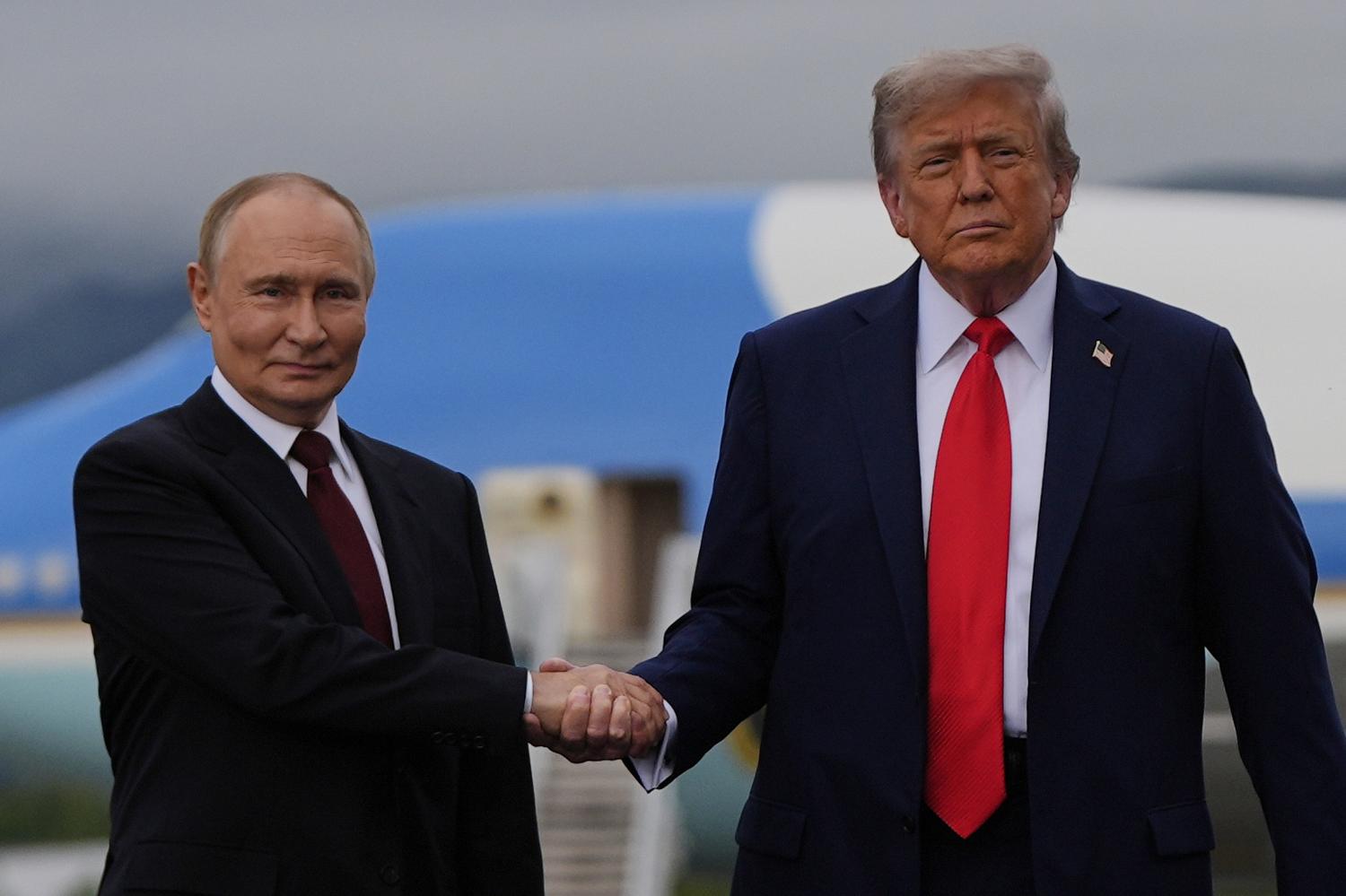Direct phone calls from Vladimir Putin to Donald Trump consistently undermine American military support for Ukraine, preventing Kyiv from obtaining weapons that could alter the trajectory of the war, according to analysis by Stefan Wolff, Professor of International Security at the University of Birmingham and Head of the Department of Political Science and International Studies.
The Kremlin has learned that personal diplomacy with Trump, combined with warnings about bilateral relations and offers of summits, can effectively block aid to Ukraine even when such support appeared imminent.
Frustration prompts Trump to reconsider Ukraine support
Wolff points to Zelenskyy's recent White House visit as evidence. Trump appeared frustrated with his inability to push Russia and Ukraine to make a deal. This frustration seemed to be driving a pivot toward Kyiv, with Trump considering approval of Tomahawk missiles that Zelenskyy had been requesting.
The shift was marked by Trump's late September declaration that Kyiv was "in a position to fight and WIN all of Ukraine back in its original form." Two weekend phone calls between Trump and Zelenskyy followed, discussing supply terms and Ukrainian use in detail.
But Putin's call changes Trump's mind on missiles
Zelenskyy traveled to Washington on 17 October expecting to secure the long-range Tomahawk missiles based on these discussions.
But during Zelenskyy's flight to Washington, Putin placed a two-hour call to Trump. He warned that the missiles would damage US-Russia relations while praising Trump's Middle East efforts and proposing a Budapest summit.
The prospect of US approval for Tomahawks had concerned the Kremlin sufficiently to prompt Putin's direct outreach to Trump.
Trump reverses position within hours
When Trump met Zelenskyy hours later, he called the Tomahawks "a big deal" that the US needed to protect itself. He urged both sides to "stop the killing, and make a DEAL," and denied the request.
The reversal demonstrates how Putin's direct engagement with Trump can override what appeared to be a pivot toward stronger support for Ukraine.
Strategic value of Tomahawks remains debatable
While the Tomahawks would have complemented existing Ukrainian capabilities and extended their range, it remains far less certain they would have been a game-changer forcing Russia into meaningful negotiations.
The missiles would have enabled strikes on Russian command centers, air bases, logistics hubs, training grounds and supply lines deep behind front lines.
However, decisive pressure on Putin would have required dozens or hundreds of rapid strikes to prevent Russian air defenses from adapting, along with a credible threat of sustained operations.
That possibility now appears remote. There is currently no indication the US will deliver Tomahawks to Ukraine.

